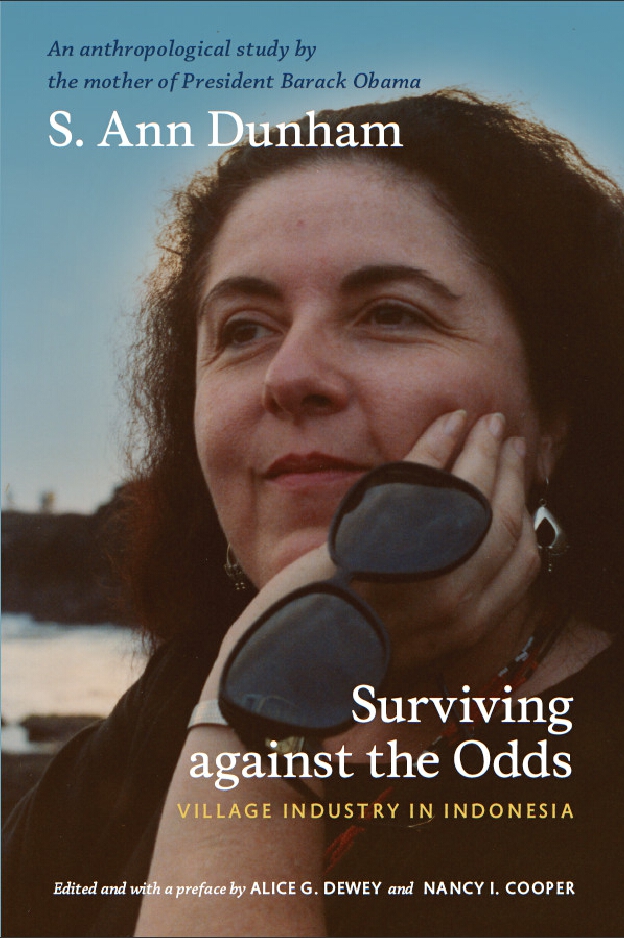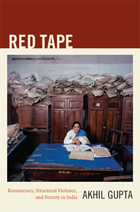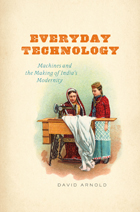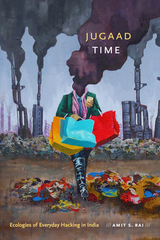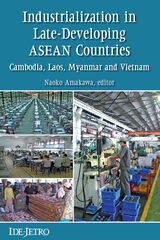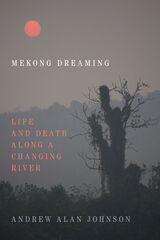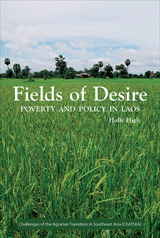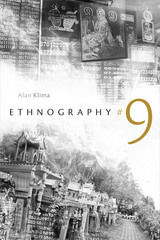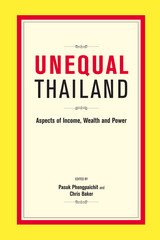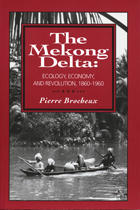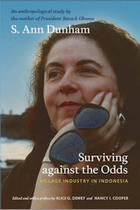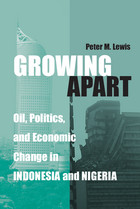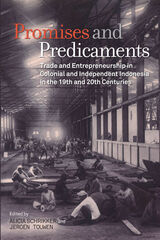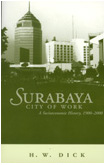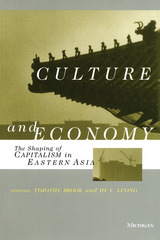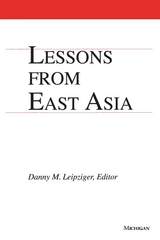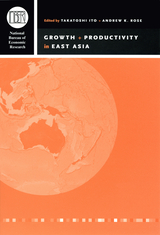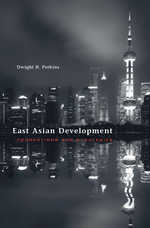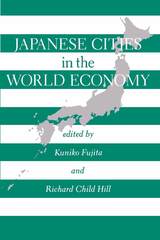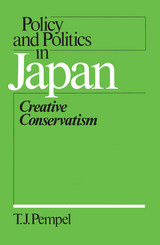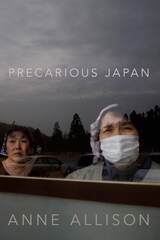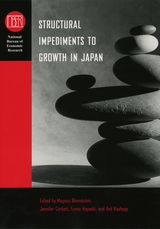“To write a biography without mentioning the subject’s name in the title is unusual, just as irregular, in fact, as publishing a serious work of anthropology, entitled Surviving Against the Odds: Village Industry in Indonesia, with a portrait of the author splashed on the cover. But then the author of that academic book, the late Stanley Ann Dunham, an expert on the economics of Indonesian crafts, bore a startling resemblance to President Obama—the same long chin, the slight quizzical tilt of the head, the prominent eyebrows. Which is not surprising, since she was his mother. The scholarly book based on her Ph.D. thesis, which contains much excellent firsthand description of life in remote Javanese villages, is of great interest to specialists, and would probably have been picked up by a university press anyway.” - Ian Buruma, New York Review of Books
“[T]his book is a fascinating and important scholarly piece of work. It’s a good reminder that Ann not only had a sharp intellect, but was a perfectionist as well, and a hard-working one at that. Her work is extremely well-documented, with hard statistical data making her book extremely detailed and well informed. At the same time, Ann’s book—like her—is deeply empathetic. Full of evocative descriptions of the lives of the villagers she worked with, the book is a testament of her commitment to the development of the lives of rural and marginalized peoples all around the world. Ann was an internationalist with a global outlook, but it was Indonesia and its people that became the love of her life, and her passion also comes through in her book, something all too rare in academic writing.” - Julia Suryakusuma, Jakarta Post
“[T]he editors and Duke University Press did a wonderful job with this book. It is lovingly put together, and it will become the definitive source for anyone wanting to understand the ethical and intellectual make-up of Dunham, as well as blacksmithing and more generally village crafts in Indonesia. . . . This book—an estimable ethnography in its own right—is of unique interest precisely for . . . for the light it sheds on how Dr. Dunham’s work may have shaped her son and, thereby, his presidency.” - Michael Dove, Anthropological Quarterly
“Surviving against the Odds is a work of very fine scholarship grounded in a deep understanding of Indonesia. Reading it, I learned a great deal about economic anthropology, blacksmithing (across a range of dimensions, from the supernatural to metallurgy), local life and labor in the Javanese village of Kajar, and the remarkable welter of development schemes and projects in play during the long period of S. Ann Dunham’s research. Dunham knew the arcane world of development very well and her account of it is fascinating and important.”—Donald Brenneis, University of California, Santa Cruz, past president of the American Anthropological Association
“S. Ann Dunham’s Surviving against the Odds bears witness to her knowledge of and affection for the Southeast Asian nation of Indonesia. The book also speaks legions about Dunham’s integrity as a cultural anthropologist. . . . By the mid-1980s Dunham had begun to see the audience for her work as made up of not just academics but Indonesians, aid workers, and foreign analysts whose findings affect the lives of ordinary Indonesians. Rather than go with the academic flow, Dunham stayed true to a research program requiring varied and rigorous methodologies, all in an effort to speak truth to power and policy making.”—Robert W. Hefner, Boston University, president of the Association for Asian Studies, from the afterword
“The greetings that the village women exchanged with Mom conveyed an intimacy that made clear they had fully taken each other’s measure. Their connection had been established to a sufficient degree for laughter to be easy. Mom had come to a real understanding with them, it seemed, and not just the women; she was welcomed and trusted by all. This made me proud, I remember, for many of the same reasons my pride swells at the sight of my brother, our president; Mom too moved with such ease through every world, and people opened up at the sight of her smile.”—Maya Soetoro-Ng, daughter of S. Ann Dunham and sister of President Barack Obama, from the foreword
“[T]he editors and Duke University Press did a wonderful job with this book. It is lovingly put together, and it will become the definitive source for anyone wanting to understand the ethical and intellectual make-up of Dunham, as well as blacksmithing and more generally village crafts in Indonesia. . . . This book—an estimable ethnography in its own right—is of unique interest precisely for . . . for the light it sheds on how Dr. Dunham’s work may have shaped her son and, thereby, his presidency.”
-- Michael Dove Anthropological Quarterly
“[T]his book is a fascinating and important scholarly piece of work. It’s a good reminder that Ann not only had a sharp intellect, but was a perfectionist as well, and a hard-working one at that. Her work is extremely well-documented, with hard statistical data making her book extremely detailed and well informed. At the same time, Ann’s book—like her—is deeply empathetic. Full of evocative descriptions of the lives of the villagers she worked with, the book is a testament of her commitment to the development of the lives of rural and marginalized peoples all around the world. Ann was an internationalist with a global outlook, but it was Indonesia and its people that became the love of her life, and her passion also comes through in her book, something all too rare in academic writing.”
-- Julia Suryakusuma Jakarta Post
“To write a biography without mentioning the subject’s name in the title is unusual, just as irregular, in fact, as publishing a serious work of anthropology, entitled Surviving Against the Odds: Village Industry in Indonesia, with a portrait of the author splashed on the cover. But then the author of that academic book, the late Stanley Ann Dunham, an expert on the economics of Indonesian crafts, bore a startling resemblance to President Obama—the same long chin, the slight quizzical tilt of the head, the prominent eyebrows. Which is not surprising, since she was his mother. The scholarly book based on her Ph.D. thesis, which contains much excellent firsthand description of life in remote Javanese villages, is of great interest to specialists, and would probably have been picked up by a university press anyway.”
-- Ian Buruma New York Review of Books
